As of March 2023, Nigeria was one of 24 countries with multiple foreign exchange markets, housing the official and black markets, both of which have a premium gap.
The countries with active parallel currency markets are majorly emerging and developing economies (EMDEs); Lebanon, Yemen, Syria, Iran, Argentina, Ethiopia, Zimbabwe, Burundi, Nigeria, Algeria and Malawi.
Join our WhatsApp ChannelOthers are Myanmar, Congo, Angola, Bangladesh, Lao PDR, Ghana, Libya, Mozambique, Ukraine, Sri Lanka, Sudan, Venezuela and South Sudan.
However, on Wednesday, 14 June 2023, President Bola Tinubu took the step to take out Nigeria from the aforementioned list by eliminating the multiple foreign exchange markets and devaluing the naira in the official market – a move that unified the rates in the official window and allowed them to converge with that of the black market.
Part of Tinubu’s monetary policy reforms made the Central Bank of Nigeria (CBN) devalue the naira by 40.7 per cent to N664.04/$1, from N471.67/$1.
Prior to the unification of the multiple exchange rates, the dollar sold at N471.67/$1 in the investors’ and exporters’ official window, but was priced at N755.7/$1 in the parallel market.
Since the devaluation on 14 June, exchange rates in the official and black markets have converged, with the former trading at N769.25/$1, while the latter averaging at N766.6/$1.
The convergence has pushed the black market towards redundancy, as it raised the question of the relevance of the parallel market going forward.
What’s the fuzz about a Nigerian-free forex black market?
In a space of five years, the number of Bureau De Change centres increased from 2,700 in 2016 to around 5,500 in 2021, indicating the black market is a lucrative business in Nigeria.
The BDC’s purpose was to provide service to retail foreign exchange customers, however, the suspended governor of the Central Bank of Nigeria, Godwin Emefiele, said they diverted from their purpose to aiding money laundering activities.
He also said BDCs were profiteering from the foreign exchange market and adopted rent-seeking behaviour.
The existence of the black market encourages roundtripping in the country, with allegations of bankers and traders obtaining dollars in the official market, but selling in the black market prior to the convergence, in order to take advantage of the premium gap between both forex channels.
“We are concerned that BDCs have allowed themselves to be used for graft,” Mr Emefiele said while addressing the ban on forex sales to the BDCs.
Also, the World Bank, in May 2023, stated that the black market existence is associated with higher inflation. It also stated that the parallel market impedes private sector development and foreign investment, as well as leads to lower growth.
The World Bank said the existence of official and black markets rates could negatively affect its investments in countries like Nigeria, as funds disbursed to the government for the benefit of the citizens will be few naira notes if the forex is exchanged in the official channel.
Whereas, it will be more if exchanged in the black market, reason the World Bank is against the multiple foreign exchange market and in support of the unification.
The convergence of the rates will reduce the concerns the CBN has about the black market, preventing roundtripping among bankers and traders, curb hoarding of the forex, as well as increase foreign exchange reserves.
Why the black market will remain relevant
While it might seem like the black market has become redundant, there are several factors that still make the parallel window import or maintain its relevance.
CBN restriction (FX ban list)
The CBN had restricted importers of 47 items from accessing foreign exchange, forcing them to depend on the black market for forex.
- Wheat, Sugar, Rice and Margarine are among the items on the ban list, and considering their importance to Nigerian households, the black market will continue to be vital to importers of these products.
- Note that despite the unification or convergence of the multiple foreign exchange rates, the CBN said the forex import ban list remains.
Illegal businesses
The CBN had complained that the black market has become an enabler of illegal financial transactions, as bad actors try to evade the regulated financial system.
- Illegal businesses will continue to use the BDCs to avoid clampdown from authorities, as such, the parallel market’s relevance will continue, considering the arrest of several members by the Economic and Financial Crimes Commission (EFCC) hasn’t stopped the graft in the market.
CBN bottlenecks
The central bank has thrown a bottleneck around accessing foreign exchange in the deposit money banks, restricting banks from buying and selling forex.
- Prime Business Africa noted that Nigerians can’t walk into a bank to exchange their dollars for naira, as financial institutions like Access Bank, don’t trade forex.
- Also, foreign exchange request is limited to essential Personal and Business Travel Allowance, which means application for certain requests outside essential PTA and BTA will be rejected.
- The inability of persons to walk into banks to exchange their forex for dollars or obtain forex outside essential PTA and BTA are what makes the black market more relevant.
Tourists
Due to the bottleneck around accessing foreign exchange in commercial banks, the black market is a faster option for tourists in Nigeria.
- The shortage of forex has forced banks to review their forex disbursement, settling requests of their account holders alone.
- Banks are rejecting demands from non-customers, which means tourists without their accounts are unable to access forex, hence, the tourists turning to the black market to exchange their FX without having to open an account.
Price difference
Prior to the unification, the black market was the place to go for someone with dollars to sell, as the rate was above N740/$1, while the official window was best for persons looking to buy the FX at an affordable rate below N500.
- However, following the devaluation of the naira and the convergence of both markets, the price of the dollar is higher in the official market compared to the black market.
- With the dollar sold at N769.25/$1 in the official market, but offered at the rate of N764.3/$1 in the black market, the former becomes the best place to sell and the latter, the place to buy.
- The price difference in both foreign exchange markets before and after the devaluation will always contribute to the relevance of the black market.

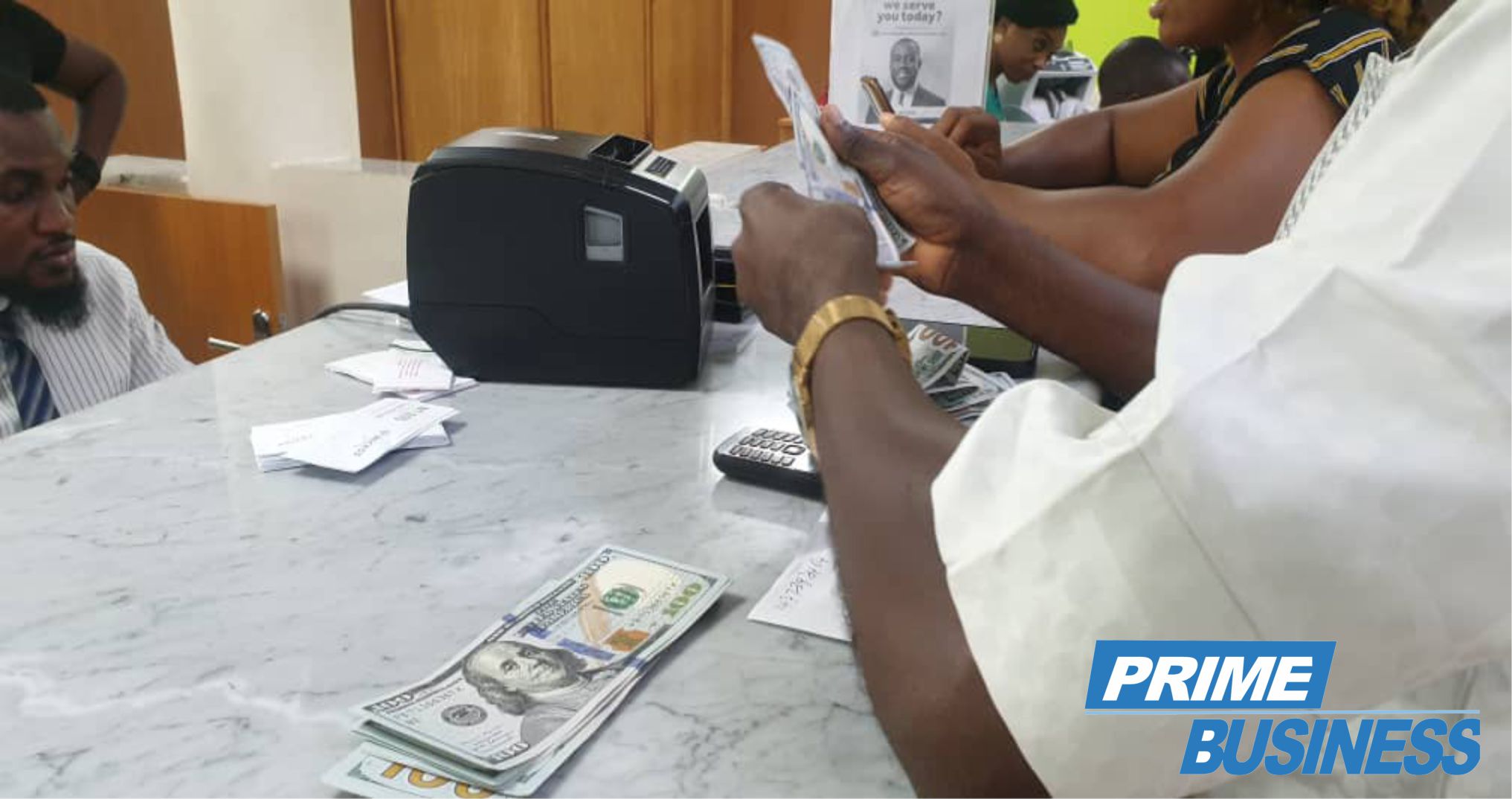
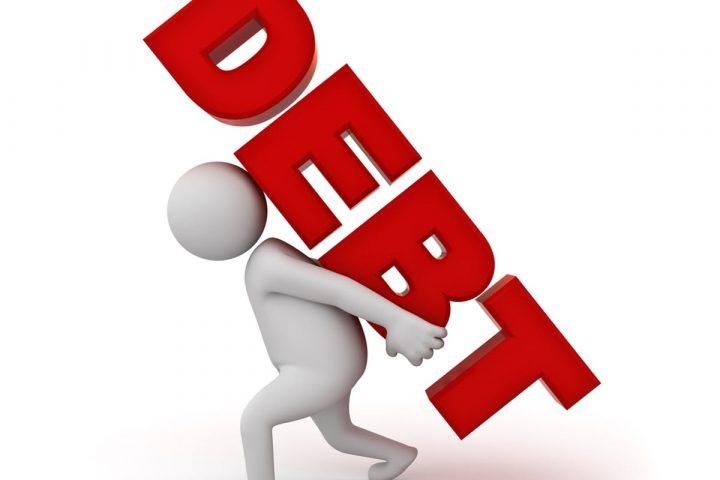











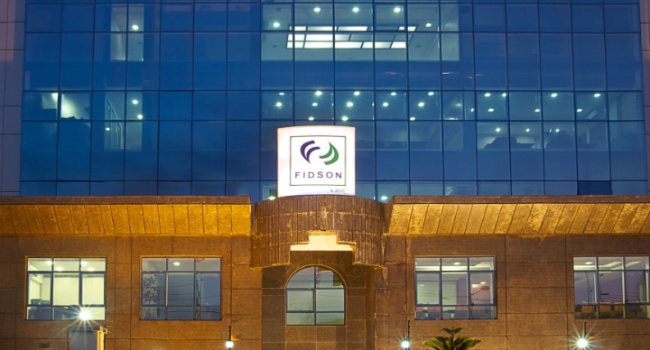
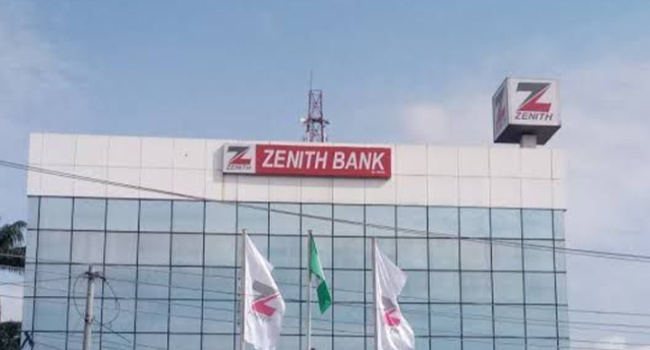
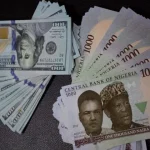
Follow Us